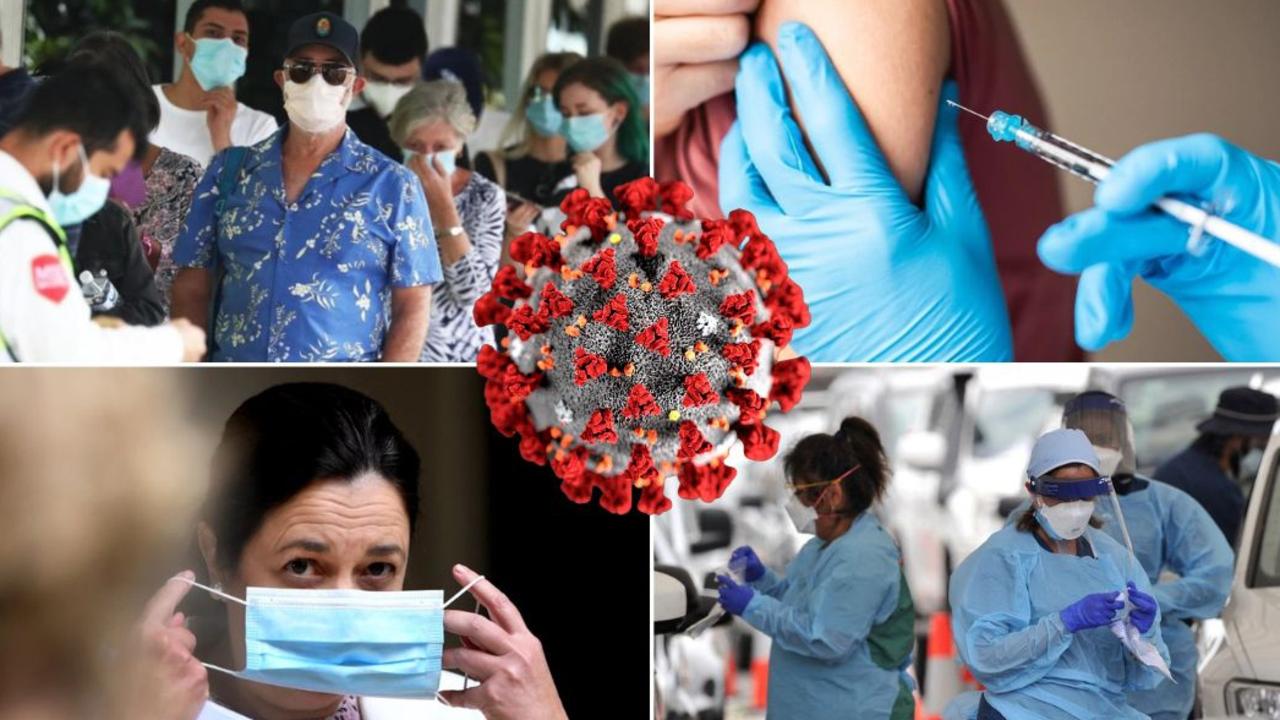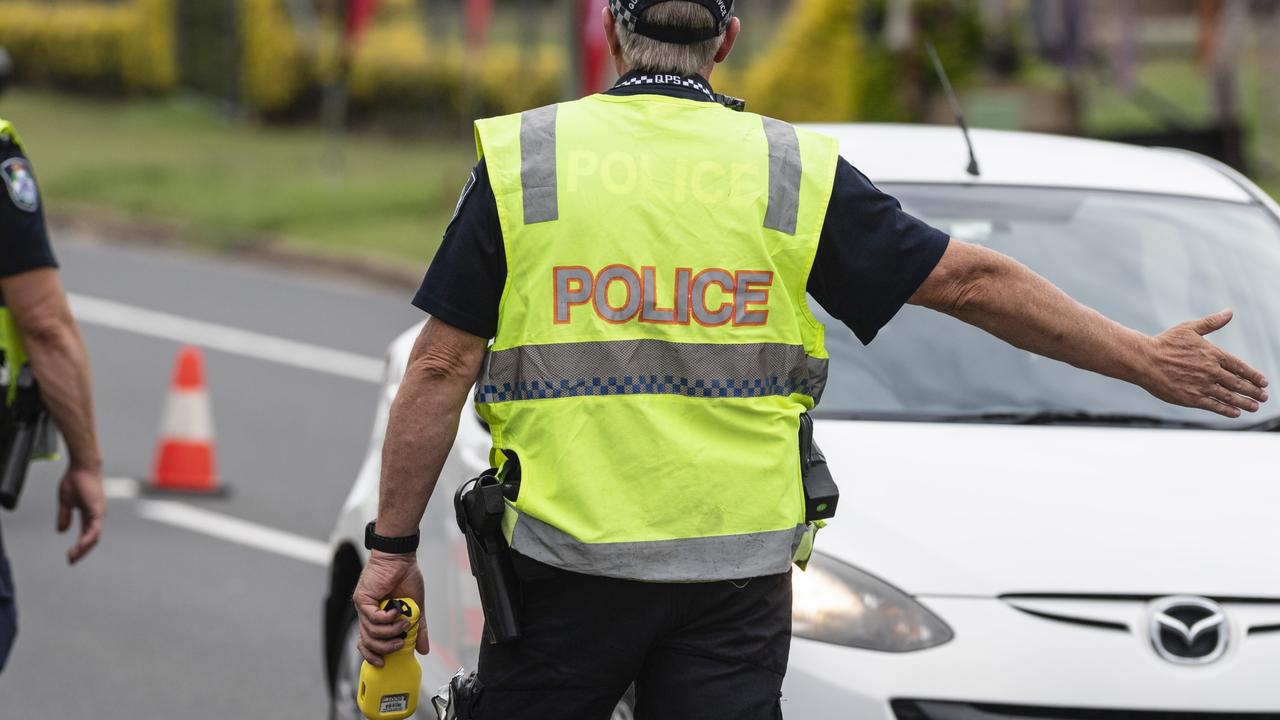Covid catastrophe: Coolangatta among worst hit in business risk report
Gold Coast businesses are at the highest risk in the country of defaulting or insolvency. See what areas are most at risk, and the latest insolvencies.
Coronavirus
Don't miss out on the headlines from Coronavirus. Followed categories will be added to My News.
BUSINESSES at the southern end of the Gold Coast are the highest in the country at risk for defaulting on loan repayments.
The first of its kind monthly business risk index puts Coolangatta at the highest probability of defaulting or insolvency with a 7.45 per cent risk.
SEE THE LATEST BUSINESS INSOLVENCIES ON THE GOLD COAST >>
That lumps the struggling suburb with down-and-out spots across New South Wales including Canterbury, Merrylands and Bringelly.
With no clear indication of when Queensland will open its borders plus a slew of businesses shutting up shop, Bin 72 owner Daniel Ridgeway described the current Coolangatta hospitality scene as “dire”.
“Not once in 12 years of trading have I ever had to close one of my restaurants to the public until recently,” he said.
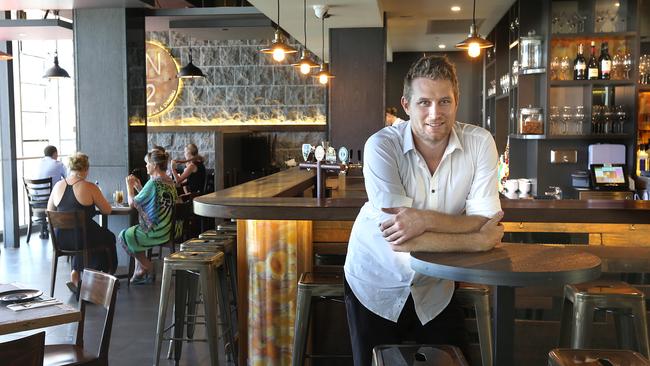
“With 70 per cent of my clientele coming from over the border, we made a critical decision to close for two months and are aiming to reopen in November.
“I can’t speak for other businesses, but if your restaurant wasn’t doing well before there’s a strong chance you won’t survive this.”
Food and beverage services are at highest risk; 5.9 per cent, followed by arts and recreation services at 4.3 per cent and financial and insurance services at 4.1 per cent.
CreditorWatch CEO Patrick Coghlan attributes the Coolangatta findings to the ongoing Covid-19 pandemic and associated border restrictions.
“The results indicate how difficult trading is in regions such as Coolangatta, which rely on borders being open and the regular and ongoing influx of domestic and international visitors to support trade,” he said.
Top five regions where probability of default on payments is highest
Sep 2021 to Sep 2022
* Coolangatta, QLD: 7.45% (7.34%)
* Canterbury, NSW: 7.53% (6.95%)
* Bringelly – Green Valley, NSW: 7.66% (7.44%)
* Gold Coast – North, QLD 7.74% (7.07%)
* Merrylands – Guildford, NSW 7.76% (7.39%)
“It’s telling that two of the five regions where default probability is lowest are in South Australia, one of the states that has been least impacted by border closures and Covid lockdowns.”
Mr Coghlan said the monthly business risk index will be a game changer for businesses.
“This is the first time forward-looking insolvency risk has been measured in this way. The Business Risk Index provides a regional credit rating analogous to the credit ratings CreditorWatch assigns to each Australian business,” he said.
“It’s an important barometer of Australia’s economic health and an invaluable resource as we navigate the choppy economic conditions in today’s Covid climate.”
BORDER BUSINESSES HIT OUT
‘DO WE EXPECT TEENS TO POLICE WHO HAS BEEN VACCINATED?’
THE owner of a popular Tweed Heads cafe is grappling with the concept of seeing staff double-vaccinated and policing those who may be travelling north from Sydney.
Bread Social owner Sam Saulwick called recent state government mandates “ridiculous” and said interrogating customers on their vaccine status would be “ostracising”.
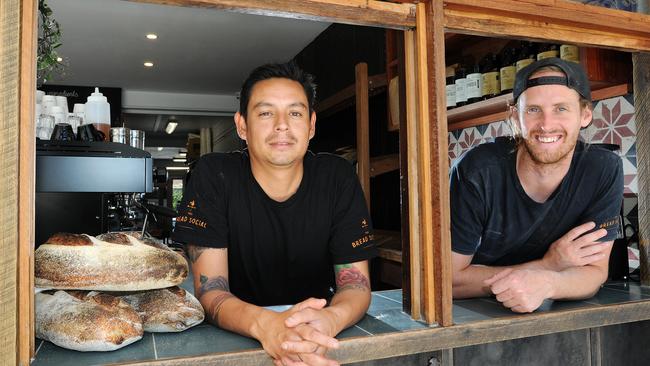
“Ultimately, we are a business that takes public health orders seriously and looks out for the health and wellbeing of our staff and customers,” he said.
“However, the communication from relevant governing bodies to small-medium business owners about how to handle these scenarios has been virtually non-existent.
“Do you really expect a 17-year-old hospitality worker who has one shift a week to be equipped with the skills necessary to confidently ask customers about their vaccine status?”
Mr Saulwick said he was on board with several other Tweed businesses in calling for a reinstated border bubble.
“There’s been a lot of hard talk in NSW government of late about double-vaccination targets, but letting Sydney residents loose feels like somewhat of a slap in the face for local Tweed businesses.
“We are gravely concerned that the Tweed area lacks the adequate infrastructure and support if a full-blown Delta outbreak was to descend on the community.”
This comes as business leaders straddling both sides of the Queensland border are desperately seeking certainty on reopening to greater Sydney as the Tweed braces for a Delta wave.
Tweed Shire councillor James Owen said there is an atmosphere of dread and apprehension among residents after Sydney opened the gates this week to the double-vaccinated.
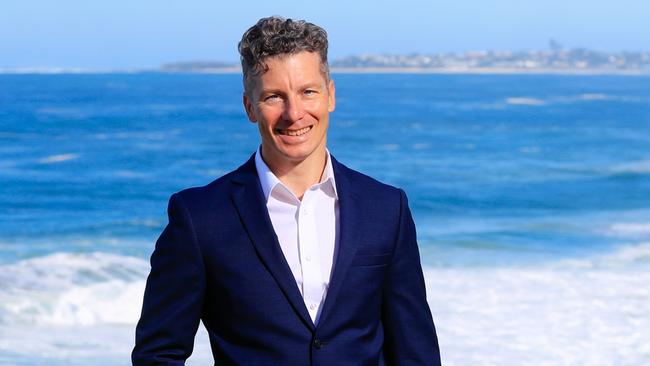
“Tweed has endured a rough trot since the start of the pandemic and despite no recorded cases of direct community transmission we still received similar restrictions to the rest of the state,” he said.
“It’s been an incredibly hard time for families and local businesses. The last thing we need is another round of border closures.
“Residents are fearful Covid-19-infected people from Sydney and other major metropolitan areas will enter the Tweed.
“Tweed’s workforce is 30 per cent Queensland-based and 15 per cent of our students attend school across the border.”
As of September 19 this year, 60.9 per cent of eligible residents in the Byron region had received one jab and 34.9 per cent were double vaccinated, and 71.7 per cent and 45 per cent in Tweed.
In Sydney’s Northern Beaches it was 87.7 per cent and 60 per cent.
Cr Owen said he was concerned about the mental wellbeing of residents, given the “countless” restrictions they have endured despite remaining largely Covid free.
“People are drained, fed up and feel that despite following protocol and staying safe, (they) are lumped in with the rest of NSW and will have to endure another border closure because of the actions of others.
“It will be a bumpy few weeks for the Tweed Shire and we are crossing our fingers that people will use common sense and avoid travelling if unwell.”
Greater Southern Gold Coast Chamber of Commerce president Hilary Jacobs described the situation as a “total mess” and said it was essential for the border bubble to be reinstated.
“Both Tweed Heads and the southern Gold Coast were in a much better position in early July, when residents were free to travel across the border for work, organised sport and to shop,” she said.
“What we are seeing now from business owners and residents is complete confusion as to when borders will reopen and what it might actually mean for locals on both sides of the fence.”
Ms Jacobs called for Premier Annastacia Palaszczuk to provide a “real plan” to end the uncertainty.
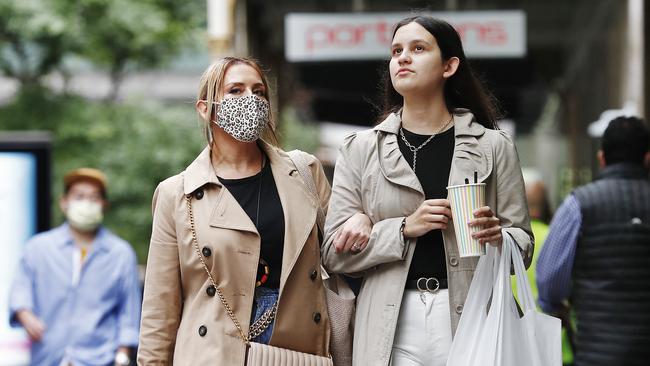
“Right now, the biggest problem we face on both sides of the border is meeting those vaccination rate targets,” she said.
“Only then will we have a clearer vision of what the future may look like for the next three-six months and how we can best prepare for the possibility of open borders.
“But at the moment, people are nervous and filled with uncertainty.”
The Queensland government is yet to provide a date when the state would reopen to southern states such as NSW and Victoria.
Health Minister Yvette D’Ath gave the clearest indication so far when she said this week that those unvaccinated had a window of “five to six weeks” to get up to speed.



